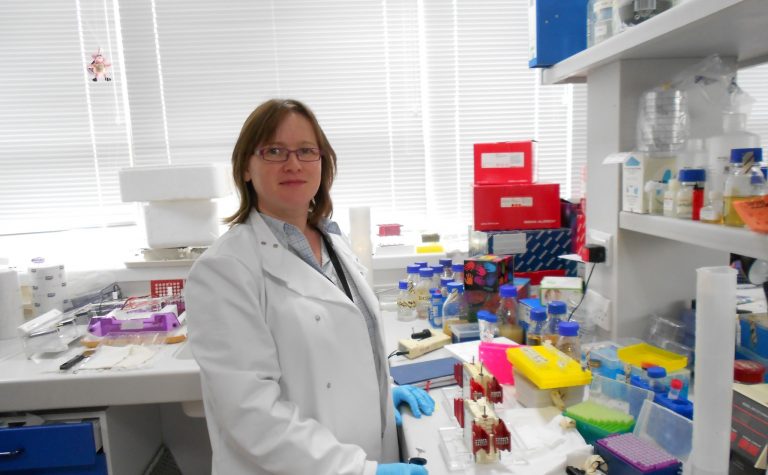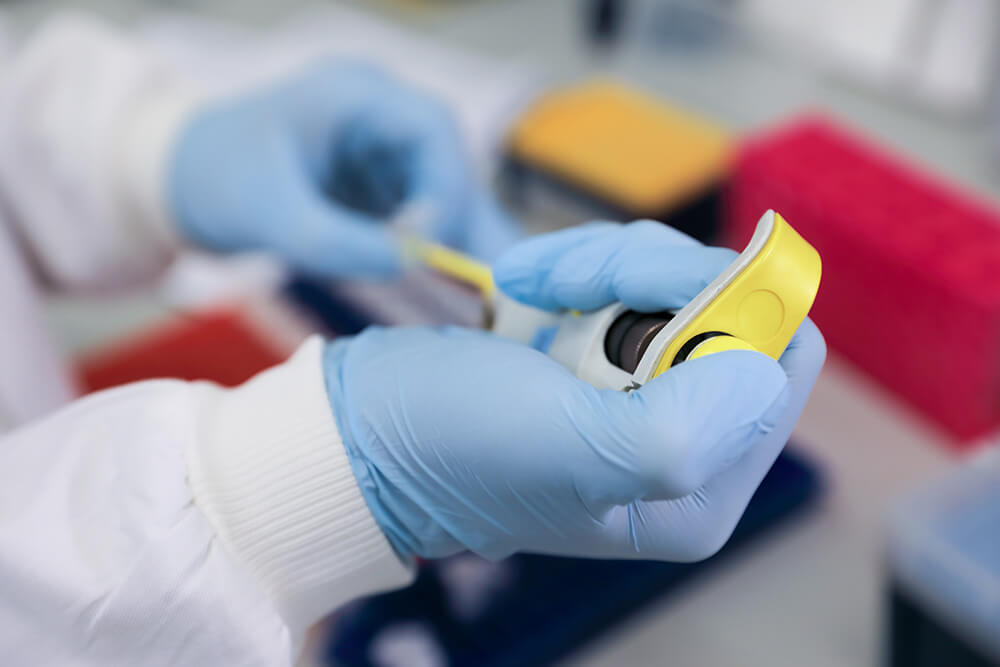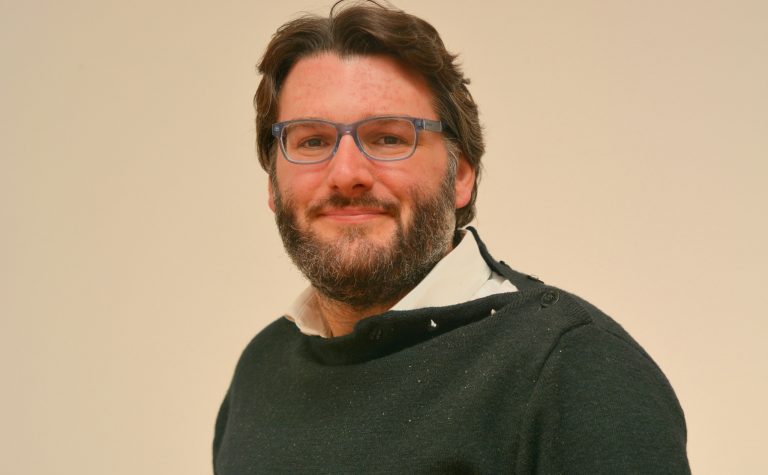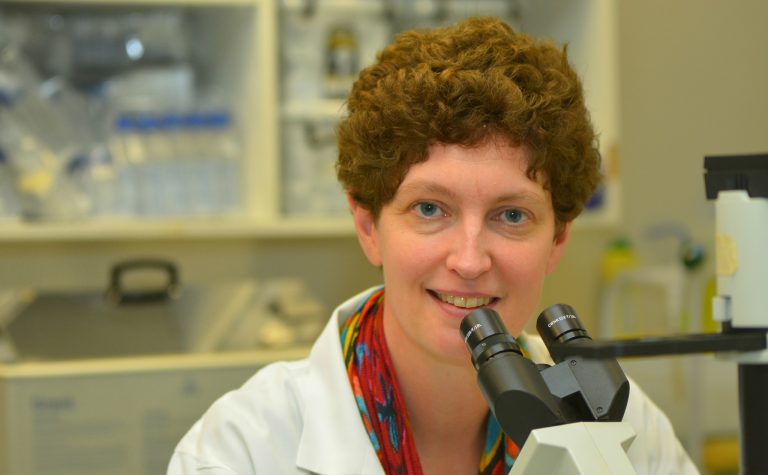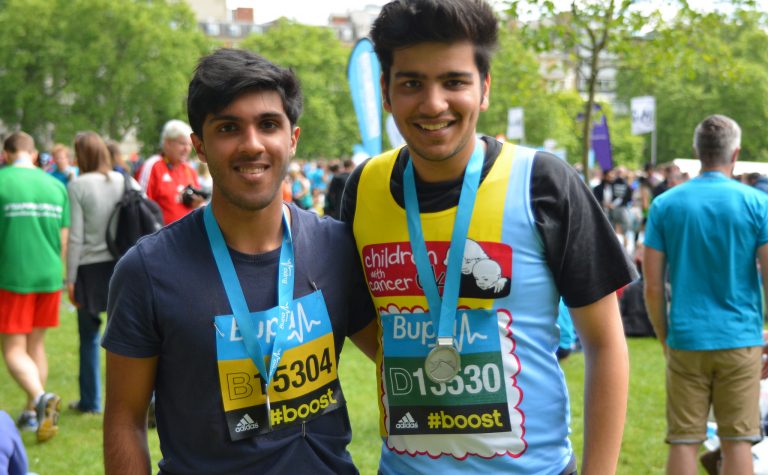Neuroblastoma has a ‘high-risk’ form which, despite using every treatment available, means that some children can’t be cured. Some of these tumours have extra copies of the MYCN gene, and this could be important. So Dr Helen will be testing the effects of a new drug that we already use against ovarian cancer, and other similar drugs, on MYCN neuroblastoma. What we learn may help us develop new treatments quite quickly.
This project is looking at MYCN neuroblastoma to discover whether drugs that are already treating other types of cancer will be effective against it. It could quite quickly result in treatments that save the lives of more children.
